It would seem that everyone looking to get involved in trading, whether on a full-time or part-time basis, understands that trading is a risky business. This is especially true when a complete newbie is in a class.
However, when begin discussing technical analysis and trading set-ups, those same traders that claimed that they didn't have a problem taking losses begin asking questions such as, "How do I know if it will hold that support or resistance level?", or "What if it doesn't hold?". Another one of my favorites is "What do you use for confirmation?" . Confirmation is the trade working". This answer always seems to elicit a puzzled look. Now this last statement flies in the face of what many traders have been conditioned to look for.
A large number of new traders seek out multiple technical indicators, in essence, searching for multiple layers of assurances for their trades. The problem I see with this set of criteria is that by the time all the stars line up (so to speak), these traders are usually entering the trade too late, thereby increasing their risk or missing the trade entirely. This inability to pull the trigger when an opportunity presents itself is a direct result of the self-doubt generated when one does not TRULY ACCEPT THE RISK on the trade .
Moreover, when a trade initially goes against the new trader, and then recovers to a breakeven level, this trader will close out the trade, relieved he didn't lose money. Invariably though, as soon as he exits at breakeven, the trade goes on to do exactly as his analysis suggested - causing him to be immensely irritated. Regrettably, this begins a vicious cycle that can only be broken by gaining confidence in a methodology and coming to terms with risk acceptance. So you see, placing a hard stop does not necessarily endow a trader with the "risk taker" attribute.
I understand this is much easier said than done, and it will probably take some work to modify your thinking. On the other hand, those traders who can't get over their fear of losing or being wrong will always operate in an environment full of stress and anxiety. Sure, they'll have their ups and downs, but at some point, trading will become drudgery and not much fun. Then again, for those of you that truly want to take your trading to the next level, and experience the satisfaction of seeing a rising equity curve over months and years, next time you spot an opportunity, predefine your risk, put on the trade without hesitation or doubt, and let the chips fall where they may. After all, what's the worst that can happen? You might lose a few bucks or perhaps the trade works and your profit target is attained. If your profits exceed your losses by a margin of better than three-to-one and you have an edge (higher than 50/50 probability), your chances of being consistently profitable will vastly improve. That is, provided you accept the outcome on every trade. In other words, you must truly EMBRACE RISK in order to become a PROFESSIONAL TRADER.






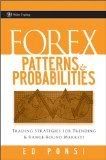
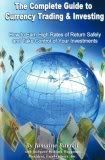
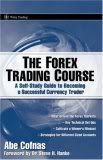
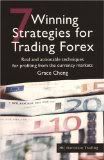
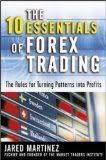
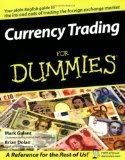
No comments:
Post a Comment